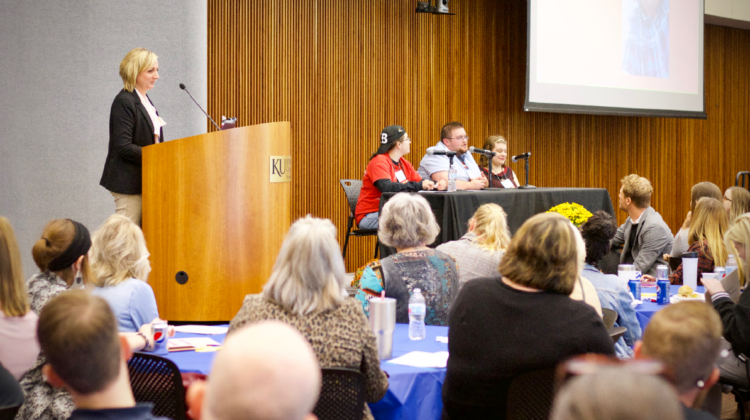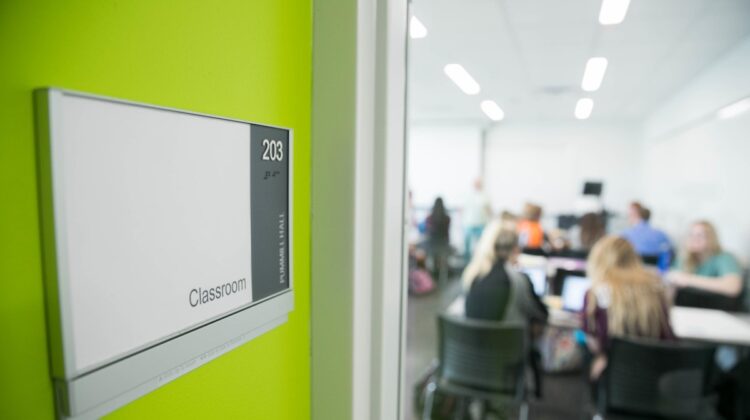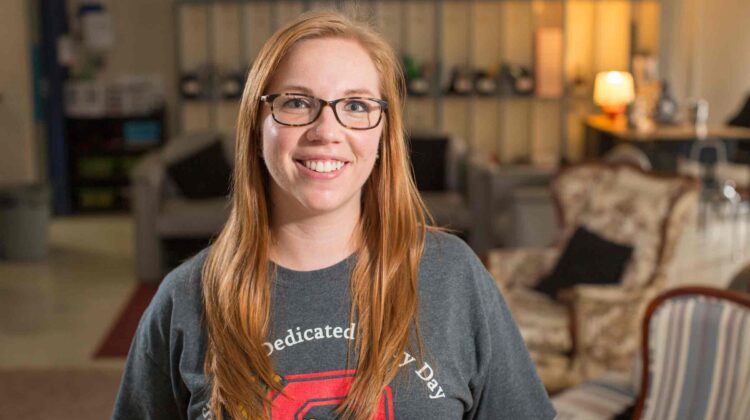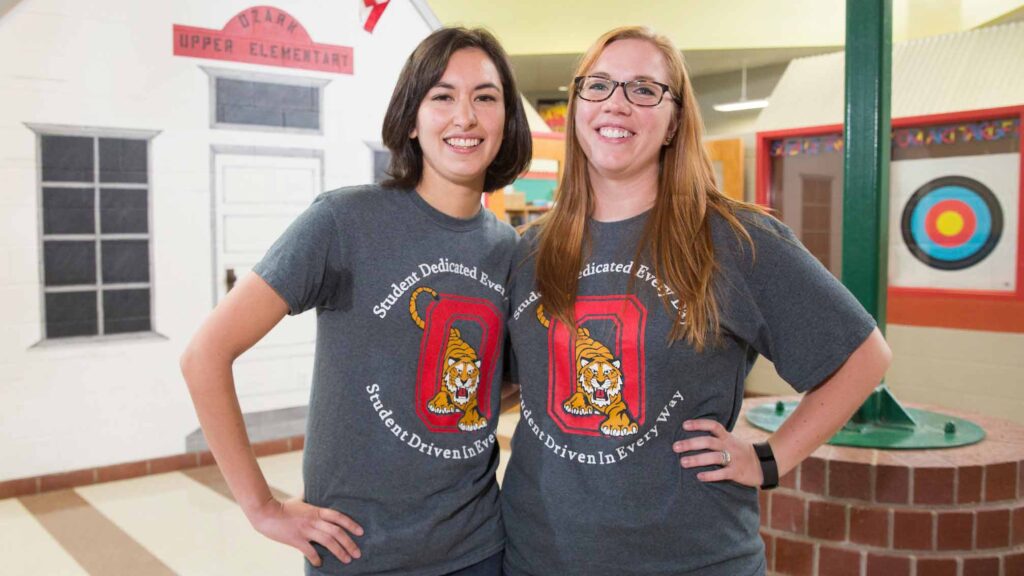Currently, more than 16,000 children who attend school have an autism diagnosis or autism special education eligibility.
The Richard L. Simpson Conference on Autism helps educators learn more about how to teach people with autism.
For the first time, the conference is coming to Missouri State University.
This learning and networking opportunity will take place Oct. 5-6 at Plaster Student Union. Anyone interested in autism is welcome to attend.
The conference includes two keynote sessions, a workshop, three breakout sessions and two lunches.
Registration is required and is open through Sept. 29. Early bird registration is open until Sept. 22.
Regular registration costs $215, and early bird registration costs $175.
History of the conference
Richard L. Simpson was a beloved Kansas University (KU) faculty member. He taught many educators across the Midwest about teaching students with autism before he passed away in 2017.
He was a pioneering member of the team that established the Midwest Symposium on Leadership in Behavior Disorders (MSLBD), a multistate effort for educators trying to improve behavioral outcomes for students.
The MSLBD spawned the Richard L. Simpson Conference on Autism, which focuses more narrowly on autism. The name of the conference was a tribute to Simpson after he passed away.
The conference has been held yearly on the KU Edwards campus in Overland Park, Kansas. However, Project ACCESS teamed up with MSLBD to bring this year’s conference to Missouri State. This will allow more rural educators in southwest Missouri to attend.
“At Project ACCESS, we like to focus on the different abilities instead of disabilities of our friends in the autism community,” said Mike Garton, staff member at Project ACCESS and instructional tech support specialist at Missouri State.
“Each year at Rich Simpson, one of the keynoters is a person with autism, and we never cease to be amazed by the delightful, talented folks that we have the good fortune to meet. Please join this year’s group of educators who are striving to better serve these students.”
Furthering the COE’s mission
More than 10,000 Missouri special educators are responsible for assuring children with autism receive what federal legislation refers to as Free and Appropriate Public Education.
The College of Education at MSU serves a pivotal role in preparing educators to help students with autism to:
- Achieve independence.
- Master the necessary communication skills to self-advocate and function in a social world.
- Experience life-outcomes of happiness and self-fulfillment.
Attend the Richard L. Simpson Conference on Autism to expand your toolkit and help children with autism thrive.





 From friends and classmates to colleagues
From friends and classmates to colleagues